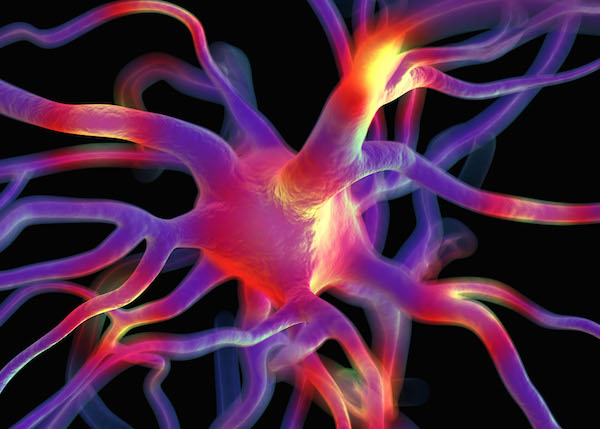
FRIDAY, Oct. 1 (HealthDay News) — Memory problems are common among people who have a history of cancer, new research reveals.
In fact, cancer survivors are 40 percent more likely than those who haven’t had cancer to experience the kind of memory impairment — called “cancer-related cognitive dysfunction” — that compromises their ability to function on a daily basis, the study authors reported.
“One of the most important parts of cancer treatment is management of symptoms, such as impairments in attention, memory and fatigue, in order to improve a patient’s quality of life,” Pascal Jean-Pierre, an assistant professor in the department of pediatrics at the University of Miami Miller School of Medicine and the Sylvester Comprehensive Cancer Center, said in a news release from the American Association for Cancer Research.
“This study suggests these memory issues are more common than had been recognized before, and should be assessed in all patients with a history of cancer,” he added.
Jean-Pierre stressed that the findings, drawn from a nationwide sampling of cancer patients, suggest “that memory impairment in cancer patients is a national problem that we must pay special attention to.”
Jean-Pierre and his associates were scheduled to present their observations Friday at the American Association for Cancer Research Conference on the Science of Cancer Health Disparities, in Miami.
To assess a possible memory-cancer connection, the study authors analyzed data taken from the National Health and Nutrition Examination Survey, which was conducted by the U.S. Centers for Disease Control and Prevention.
From the more than 9,800 Americans polled, just over 1,300 (all 40 years of age and up) said they had a history of battling cancer.
Fourteen percent of the cancer survivors said they experienced difficulties with memory or periods of confusion, compared with just 8 percent of those who never had a cancer diagnosis.
“The findings indicate that cancer is, therefore, a key independent predictor of memory problems in the sample studied,” Jean-Pierre said.
Jean-Pierre suggested that memory trouble is not necessarily always a lingering side effect from cancer treatment, such as chemotherapy.
“These memory issues can be related to treatment, such as chemotherapy, radiation and hormone therapies,” he said, “or to the tumor biology itself, which could change brain chemistry and neurobehavioral function.”
More information
For more on the physical impact of cancer, visit the U.S. National Cancer Institute.

